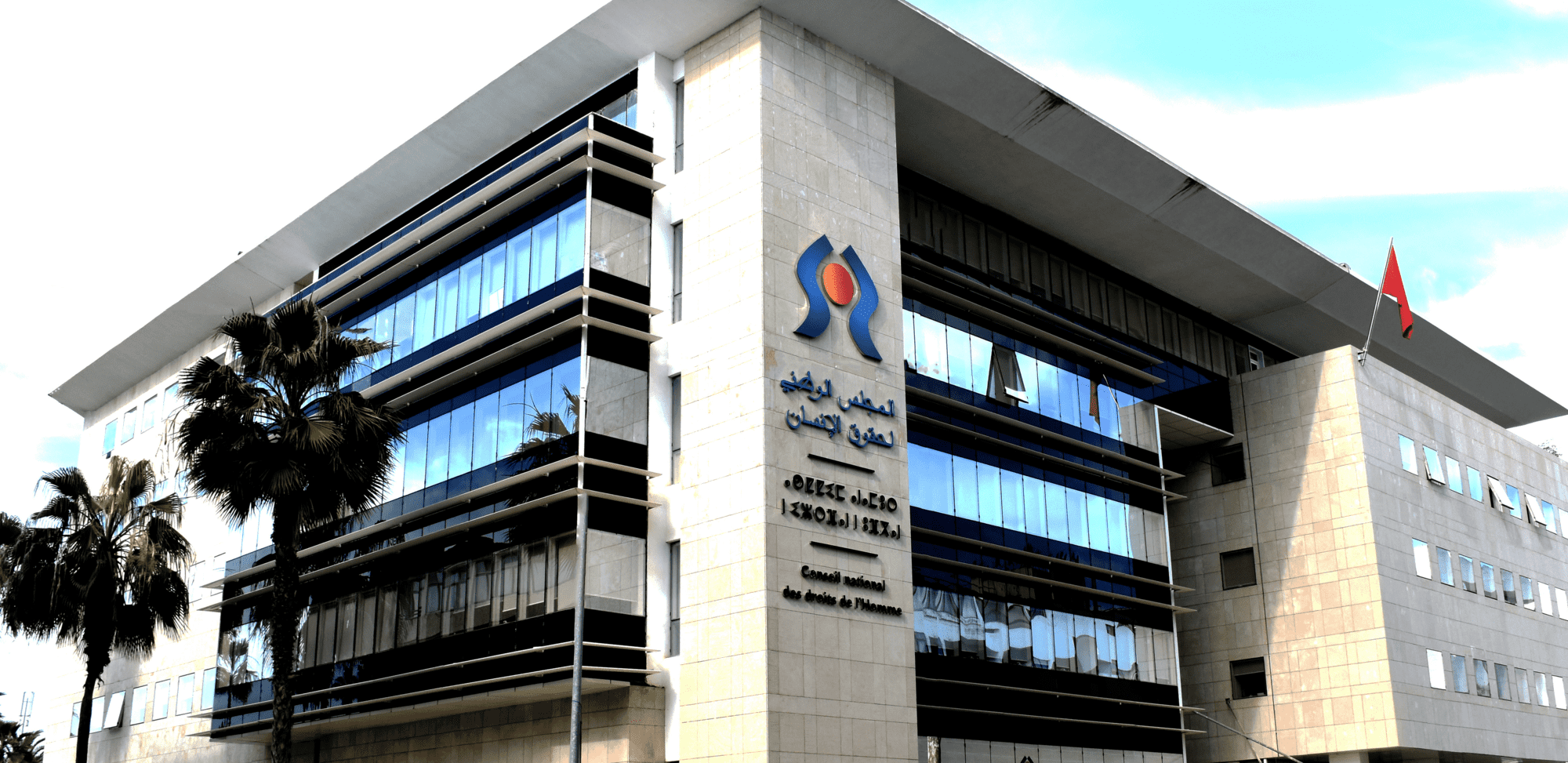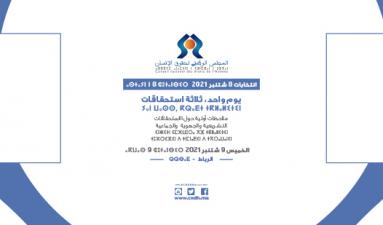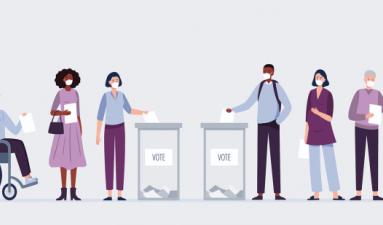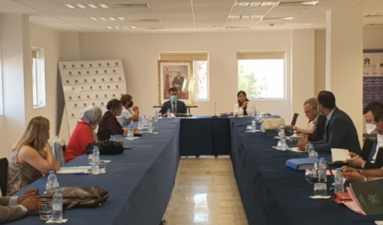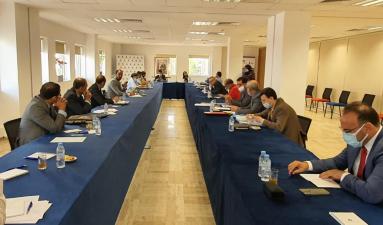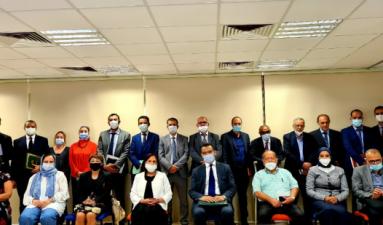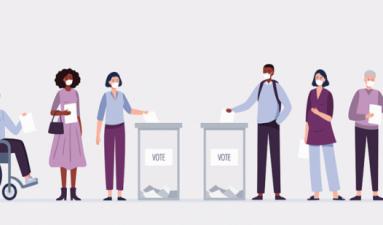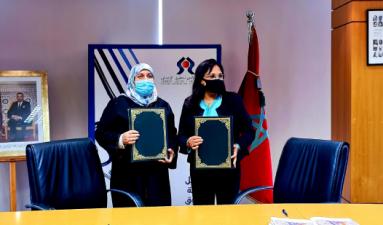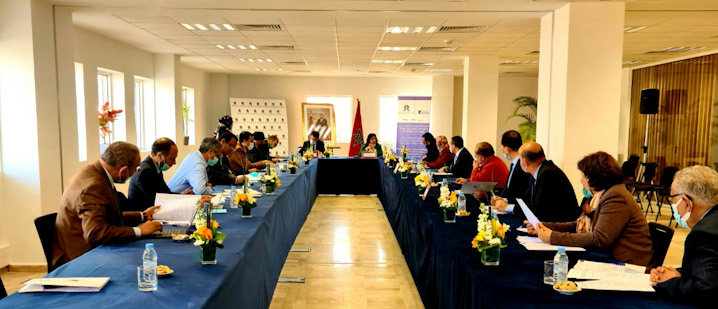
The Special Commission for the Accreditation of Election Observers approved its Rules of Procedures, Accreditation application form, call for application and Observation ethics Charter.
The Commission also discussed its action program within the framework of the launch of the call for observers applications for the upcoming electoral process immediately after fixing the election date.
The Commission approved the proposal of Mrs. Amina Bouayach, Chairperson of the National Human Rights Council (CNDH), in her capacity as Chair of the Special Commission for the Accreditation, to consult every person it deems appropriate on the elections observation issues relating to gender, persons with disabilities, Amazigh language and actors working on democracy and human rights.
The CNDH is updating the Commission’s website to be available in five languages: Arabic, Amazigh, French, English and sign language, to accompany the election observation process and the accreditation of observers.
The first meeting of the Special Commission for the Accreditation of Election Observers was held on Tuesday 23 March 2021 at the CNDH’s headquarters in Rabat, Morocco. It is part of the preparation of the independent observation process for the upcoming elections. Representatives of the government and members of associations represented in the CNDH participated in this meeting.
To be noted, Law No. 30-11 on the terms and the conditions of the independent and impartial election observation, published on 6 October 2011, stipulates the establishment of the Special Commission for the Accreditation of Election Observers. It also mandated the Special Commission to receive, review and decide on the accreditation applications, issue cards and badges to accredited observers, and draft the observation charter that includes fundamental principles and rules for election observation.
The Special Commission for the Accreditation of Election Observers is chaired by CNDH Chairperson and assigned to the CNDH General Secretariat. It is composed of the following members:
- Four members representing government authorities in charge of justice, interior, foreign affairs, cooperation and communication;
- Representative of the ministerial delegation in charge of human rights;
- Representative of the National Authority for Integrity and Prevention and Fight against Corruption;
- Five representatives of civil society associations acting as CNDH members.

